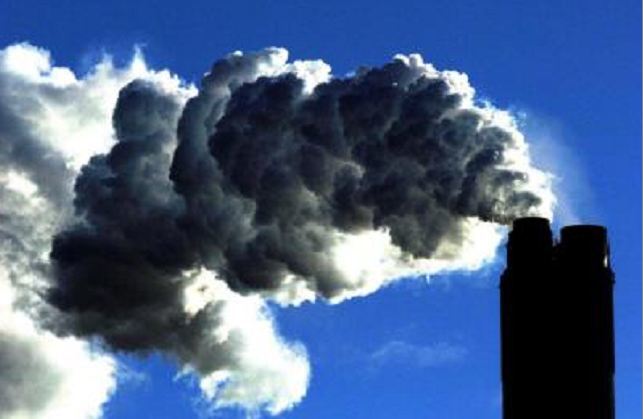
The UK is losing its lead in the global race towards a low carbon economy, a study by six leading development and environment organisations has warned.
The country risks missing out on the opportunities of the clean tech revolution, where 1.9 trillion US dollars (£1.3 trillion) is set to be spent on low carbon power, energy efficiency and technology to capture carbon emissions by 2030, they said.
In the past the UK led clean energy and efficiency markets and exported services and expertise to major economies, according to the report by Greenpeace, WWF-UK, Christian Aid, Cafod, Green Alliance and the RSPB.
In 2015, £6.7 billion of the £40 billion trade deals with China were in the low carbon sector, including £2 billion for emissions-free buses, and £10 billion in deals with India included £3.2 billion in clean tech such as clean power telecoms towers.
But major policy U-turns in 2015 mean that UK domestic investment has slowed down or gone into reverse in key areas such as building insulation, onshore renewables and carbon capture and storage, the study warned.
The UK’s infrastructure pipeline of major new schemes to 2020 and beyond has seen an increasing focus on high carbon projects such as roads, airports and fossil fuel power stations, the report said.
Schemes classed as “low carbon” – including large-scale renewables projects, public transport and recycling systems – have fallen from 71% of the total in 2012 to 46% in 2016, while high carbon infrastructure has risen from 13% to 33%.
The UK’s international standing as a place for investment has suffered as a result, with its ranking in the EY renewable energy country attractiveness index falling from a high of second in the world in 2007 to 13th place in 2016.
Former business secretary Lord Mandelson said: “The global low carbon transformation will be one of the big drivers of the world economy in the 21st century.”
He said the UK government showed bold leadership at the United Nations climate change talks in Paris in December.
“This analysis highlights it needs to demonstrate equally bold leadership to make sure decarbonisation isn’t a missed opportunity for business and prosperity in the UK.”
To return the UK to its position as market leader, the Government must support low carbon industry at home, champion exports and projects overseas, support innovation in clean technologies and continue to raise global climate ambitions, the groups urged.
John Sauven, executive director of Greenpeace UK, said: “Millions of jobs and billions of pounds of investments are up for grabs globally, yet the UK Government is now backtracking on the very policies that have given this country a head start.
“It would be a huge loss and a missed opportunity if Britain ended up watching from the sidelines whilst others reap the rewards of the low carbon revolution we’ve helped to spark.”
Responding to the study, Adam Bruce, former chairman of UK Offshore Wind Programme Board and global head of corporate affairs at Mainstream Renewable Power, said: “This report shows clearly that the UK is in danger of losing its leading position in the global race to build a vibrant low carbon economy.
“It is clearly in the interests of UK plc to secure as much as possible of the multi-billion dollar international low carbon goods and services market, and government policy needs to be fully aligned with this objective.”
A Department of Energy and Climate Change spokesman said: “We are firmly committed to reducing our emissions and moving to low carbon energy, but this has to be done in the most cost-effective way for households and businesses.
“The UK remains an attractive location for investment in renewable energy. In the last Budget 2016 we helped give investors the longer-term certainty they need by announcing £730m of funding for renewables contract auctions this Parliament to drive further investment, building on the record levels we saw last year.”
Recommended for you
